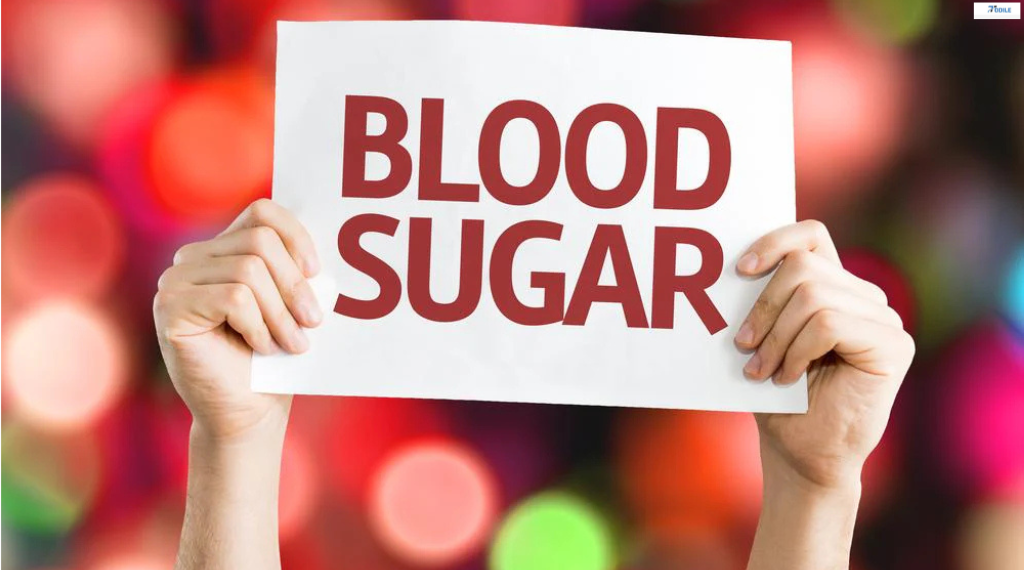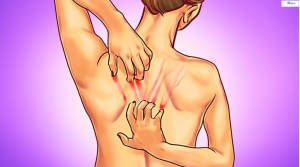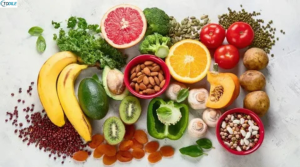Introduction
High blood sugar, medically known as hyperglycemia, occurs when your body has too much glucose circulating in your bloodstream. While often associated with diabetes, elevated blood sugar can affect anyone and may signal pre-diabetes or indicate that your current management plan needs adjustment. Understanding the early warning signs of high blood sugar is crucial because persistent hyperglycemia can lead to serious complications including heart disease, kidney damage, nerve problems, and vision loss. The good news is that recognizing these symptoms early and making targeted dietary changes can help you take control of your blood sugar levels before they cause lasting damage.
Causes and Risk Factors
Several factors can contribute to elevated blood sugar levels:
Primary Causes:
- Insufficient insulin production or insulin resistance, where cells don’t respond properly to insulin
- Consuming excessive amounts of carbohydrates or sugary foods
- Lack of physical activity or sedentary lifestyle
- Stress, which triggers the release of hormones that raise blood sugar
- Certain medications, including steroids and some blood pressure drugs
- Illness or infection, which can cause blood sugar spikes
Risk Factors:
- Family history of diabetes or pre-diabetes
- Being overweight or obese, particularly with excess abdominal fat
- Age over 45, though type 2 diabetes is increasingly affecting younger people
- Polycystic ovary syndrome (PCOS) in women
- History of gestational diabetes
- Sedentary lifestyle with minimal physical activity
- High blood pressure or abnormal cholesterol levels
- Certain ethnic backgrounds, including African American, Hispanic, Native American, and Asian American populations
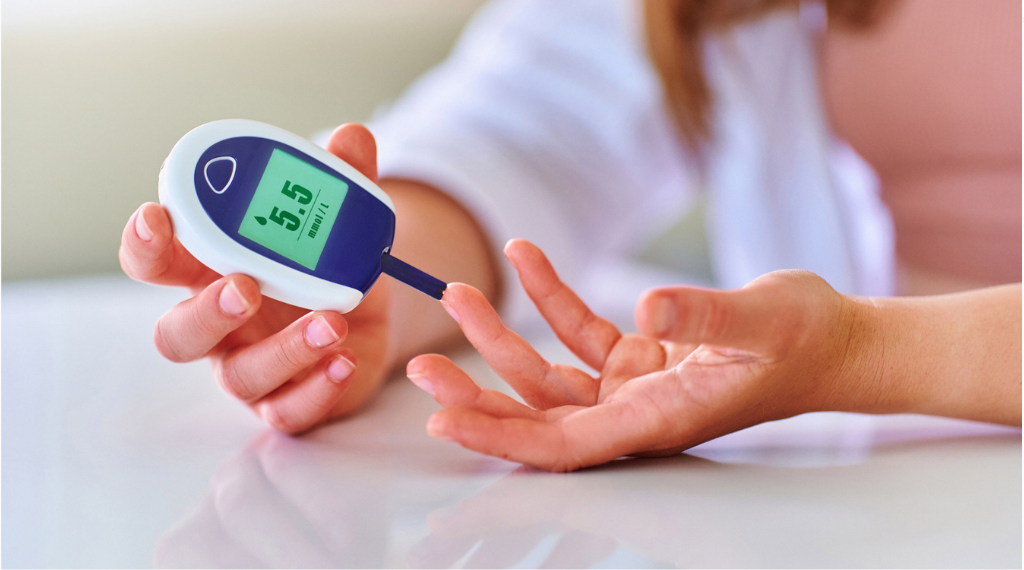
14 Early Warning Signs of High Blood Sugar
Recognizing these symptoms can help you take action before blood sugar levels become dangerously high:
1. Increased Thirst (Polydipsia) When blood sugar rises, your kidneys work overtime to filter excess glucose, pulling water from your tissues and leaving you constantly thirsty.
2. Frequent Urination (Polyuria) As your kidneys filter out excess sugar, you produce more urine, often needing to go every hour or waking multiple times during the night.
3. Persistent Fatigue Without efficient glucose absorption into cells, your body lacks energy despite having plenty of sugar in the bloodstream, causing overwhelming tiredness.
4. Blurred Vision High blood sugar causes the lens of your eye to swell, changing its shape and affecting your ability to focus clearly.
5. Increased Hunger (Polyphagia) Despite eating, your cells aren’t getting the glucose they need, triggering hunger signals even after meals.
6. Slow-Healing Wounds Elevated blood sugar impairs circulation and immune function, making cuts, bruises, and sores take much longer to heal.
7. Frequent Infections High glucose levels create an environment where bacteria and yeast thrive, leading to recurrent urinary tract infections, yeast infections, and skin infections.
8. Unexplained Weight Loss When cells can’t access glucose for energy, your body starts breaking down muscle and fat for fuel, causing weight loss despite normal eating.
9. Tingling or Numbness Consistently high blood sugar damages nerves over time, causing tingling, numbness, or burning sensations, particularly in hands and feet.
10. Dry, Itchy Skin Dehydration from excessive urination and poor circulation affects skin moisture, leading to dryness, itching, and flaking.
11. Headaches Blood sugar fluctuations affect blood vessel function in the brain, triggering frequent or persistent headaches.
12. Difficulty Concentrating Brain fog, confusion, and trouble focusing occur when your brain doesn’t receive steady glucose despite high blood levels.
13. Darkened Skin Patches Acanthosis nigricans, characterized by dark, velvety patches on the neck, armpits, or groin, often indicates insulin resistance.
14. Fruity-Smelling Breath When blood sugar becomes very high, your body may break down fat for energy, producing ketones that cause a distinctive fruity or acetone-like breath odor. This requires immediate medical attention.
Treatment and Prevention
Medical Treatment
If you experience multiple symptoms of high blood sugar, consult a healthcare provider promptly. Medical interventions may include:
- Blood sugar monitoring to track glucose levels throughout the day
- Oral medications such as metformin to improve insulin sensitivity
- Insulin therapy for those who don’t produce enough insulin naturally
- Regular A1C testing to monitor average blood sugar over three months
- Medication adjustments based on individual response and blood sugar patterns
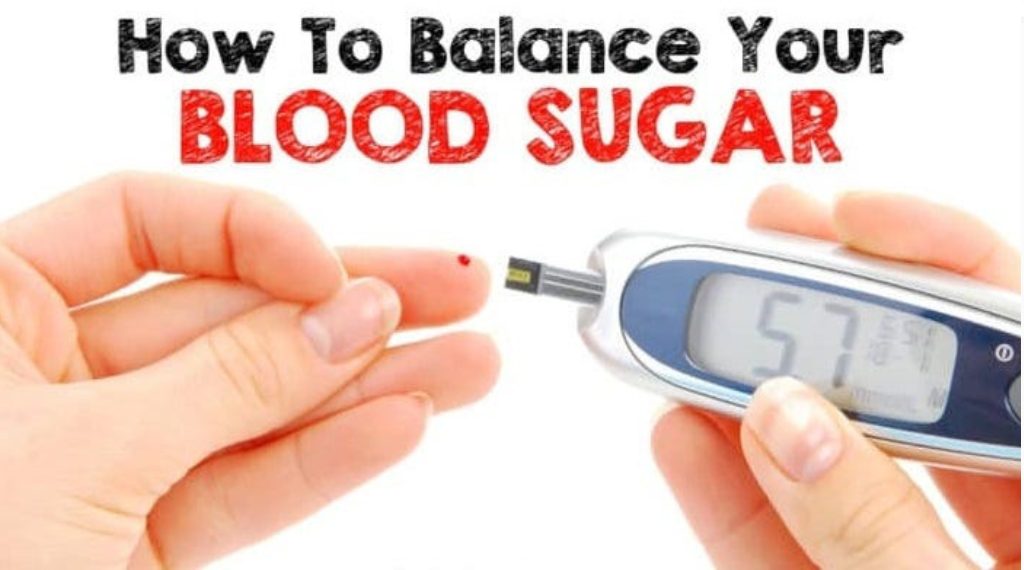
Foods That Help Lower Blood Sugar
Incorporating these foods into your diet can help stabilize and reduce blood sugar levels:
Leafy Green Vegetables Spinach, kale, and Swiss chard are low in carbohydrates and high in fiber, minerals, and antioxidants that improve insulin sensitivity.
Fatty Fish Salmon, mackerel, sardines, and herring provide omega-3 fatty acids that reduce inflammation and improve heart health without raising blood sugar.
Nuts and Seeds Almonds, walnuts, chia seeds, and flaxseeds offer healthy fats, protein, and fiber that slow glucose absorption and promote satiety.
Cinnamon This spice has been shown to improve insulin sensitivity and lower fasting blood sugar levels when consumed regularly.
Avocados Rich in healthy monounsaturated fats and fiber, avocados have minimal impact on blood sugar while promoting fullness.
Berries Blueberries, strawberries, and raspberries are relatively low in sugar compared to other fruits and contain antioxidants that improve insulin function.
Legumes Beans, lentils, and chickpeas provide protein and soluble fiber that slow digestion and prevent blood sugar spikes.
Greek Yogurt Unsweetened Greek yogurt offers protein and probiotics that may improve glucose metabolism and gut health.
Apple Cider Vinegar Consuming vinegar with meals can improve insulin sensitivity and reduce post-meal blood sugar spikes.
Garlic Studies suggest garlic may reduce fasting blood sugar and improve cholesterol levels.
Whole Grains Steel-cut oats, quinoa, and barley have a lower glycemic index than refined grains and provide sustained energy.
Broccoli and Cruciferous Vegetables These vegetables contain sulforaphane, a compound that may help lower blood sugar.
Natural Remedies and Lifestyle Changes
- Regular physical activity of at least 150 minutes per week helps cells use insulin more efficiently
- Stress management through meditation, yoga, or deep breathing exercises
- Adequate sleep of 7-9 hours nightly, as sleep deprivation affects insulin sensitivity
- Hydration with plenty of water to help kidneys flush out excess sugar
- Portion control and eating smaller, more frequent meals to prevent spikes
Health Tips for Blood Sugar Management
Monitor Your Carbohydrate Intake Focus on complex carbohydrates with fiber rather than simple sugars. Use the glycemic index as a guide to choose foods that raise blood sugar more slowly.
Never Skip Meals Eating at regular intervals prevents extreme blood sugar fluctuations. Aim for balanced meals every 3-4 hours.
Combine Macronutrients Pair carbohydrates with protein and healthy fats to slow glucose absorption and maintain stable blood sugar levels.
Stay Active After Meals A 10-15 minute walk after eating helps muscles absorb glucose and prevents post-meal spikes.
Read Food Labels Watch for hidden sugars in processed foods, which may be listed as high-fructose corn syrup, dextrose, or maltose.
Keep a Food Diary Track what you eat and how it affects your blood sugar to identify personal triggers and patterns.
Manage Stress Proactively Chronic stress raises cortisol levels, which increases blood sugar. Develop healthy coping mechanisms.
Stay Hydrated Aim for 8-10 glasses of water daily to support kidney function and prevent dehydration.
Get Regular Check-ups Schedule routine blood work to monitor A1C, fasting glucose, and cholesterol levels.
Build a Support System Connect with healthcare providers, diabetes educators, or support groups for guidance and accountability.
Limit Alcohol Consumption Alcohol can cause blood sugar fluctuations and interfere with diabetes medications.
Prioritize Sleep Quality Maintain a consistent sleep schedule and create a restful environment to support hormonal balance.
Don’t Self-Diagnose While recognizing symptoms is important, always work with healthcare professionals for proper diagnosis and treatment.
Disclaimer: This article is for informational purposes only and does not constitute medical advice. If you experience symptoms of high blood sugar, particularly fruity-smelling breath, extreme thirst, or rapid breathing, seek immediate medical attention. Always consult with a qualified healthcare provider before making changes to your diet or treatment plan.
